High atop the second story of the Engineering Hall, there is a faint buzz in the air. A sound not from machines, but from bees — tens of thousands of bees.
The rooftop beehive was installed in June, and it is the latest of several initiatives to increase sustainability on campus.
Charlie Koenen, a professional beekeeper nicknamed “CharBee” by his friends, is the mastermind behind this project, working with the university and several dedicated students to create a more sustainable campus.
Koenen explained that the beehive provides bees to an area that covers most of downtown Milwaukee, increasing the pollination of local flowering plants and providing honey to the whole community.
Bee populations have decreased by more than 40 percent over the past 30 years, according to a recent study by the USDA. Koenen attributes this to commercial agriculture.
“We’re artificially propping up nature in order to make it do our bidding, which is great for the seed producer and the chemical producer, but it’s not good for nature,” Koenen said.
For the past year, Marquette has been actively working toward a more sustainable campus, beginning in September 2016 with the hiring of Brent Ribble, the campus sustainability director. He said the initiative to bring a beehive to campus is an important one.
“Bees and other pollinators play an essential role in achieving food security and environmental resilience, but science tells us bee species are in trouble,” Ribble said in an email. “The hive demonstrates that Marquette is eager to ‘bee the difference’ [sic] by promoting urban beekeeping and the many benefits that come with it.”
Koenen explained that until the agricultural industry adopts more sustainable techniques, urban beekeeping is the most practical way to keep the honey bee species thriving. Cities provide a stable place for bees to live, as they contain an abundance of different plant species that allow them to maintain a balanced diet.
“Here, where there’s all kinds of different plants, there’s always something in bloom. So now the bees get to pick and choose what they want,” Koenen said.
One of Koenen’s ideas is to strategically place temperature and humidity sensors throughout the hive so that beekeepers can study the hive without disturbing the bees. He also wants to create opportunities for all students to work toward environmental sustainability, regardless of major.
Students, like College of Engineering freshman Cody Jacobson, will be studying in close proximity to the bees this year. Jacobson likes the idea of having this project on campus.
“There’s research that can be done from the beehive, and the Engineering Hall is pretty much designed for all research anyways,” Jacobson said.
Koenen said he has high hopes for the future of Milwaukee’s bees. Marquette’s Pollinators Club is a new organization on campus this year. They plan to visit other hives in the Milwaukee area, work on Marquette’s beehive and educate Marquette students on the benefits of urban beekeeping.

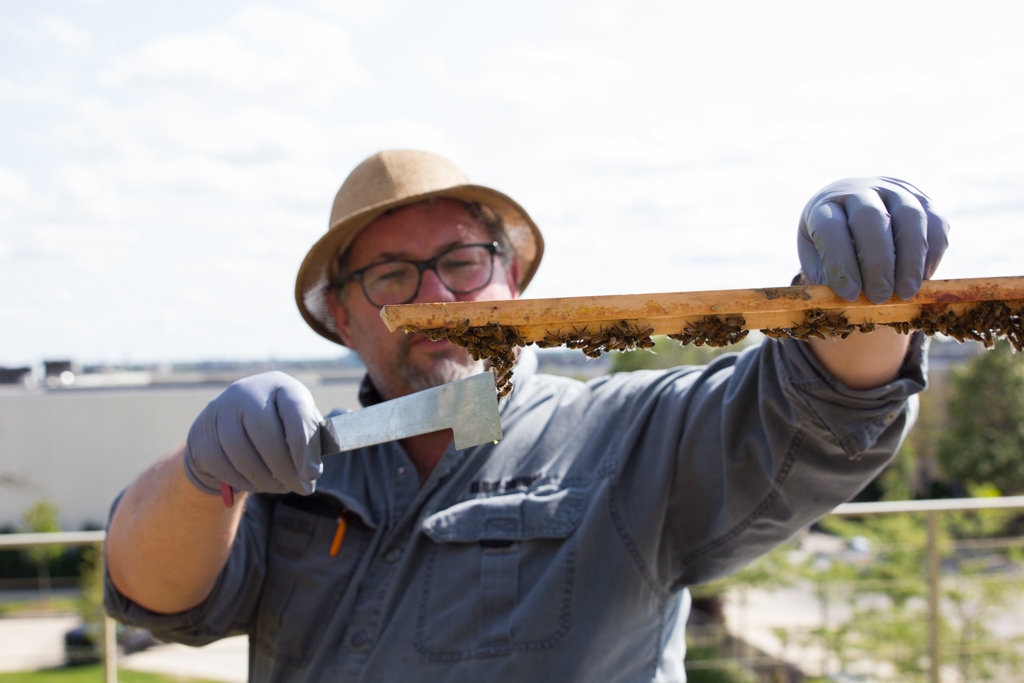
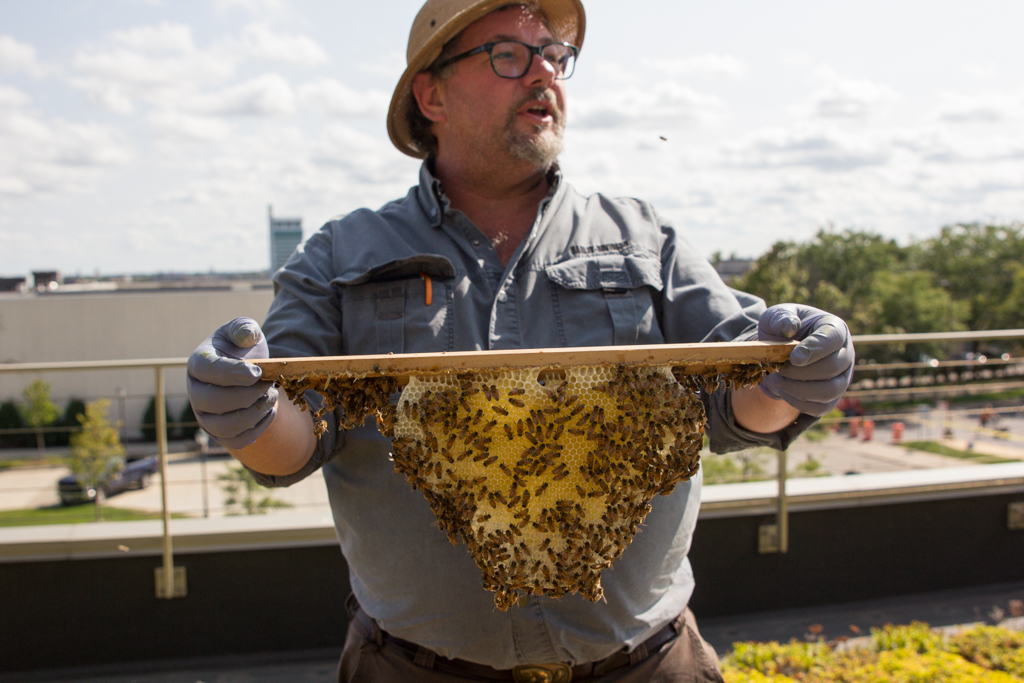
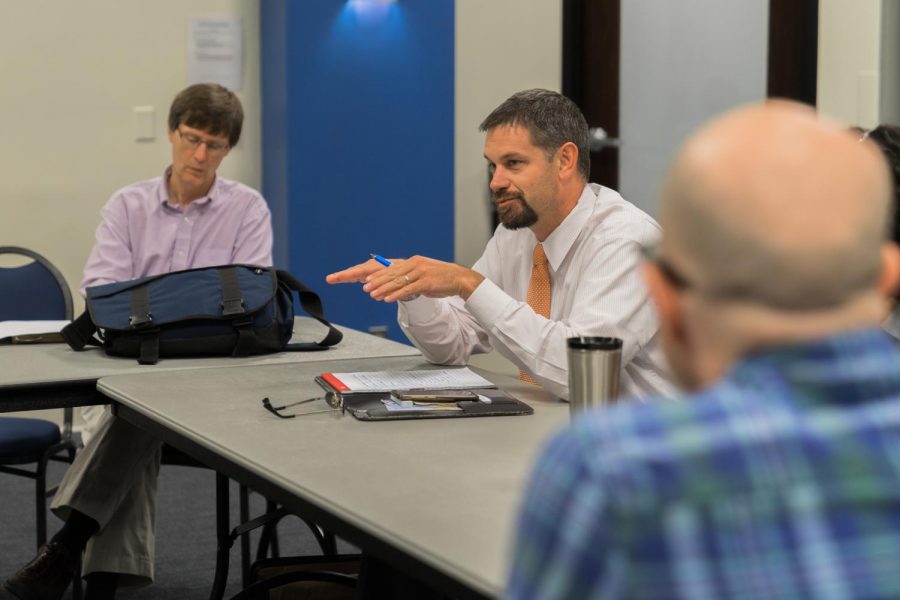
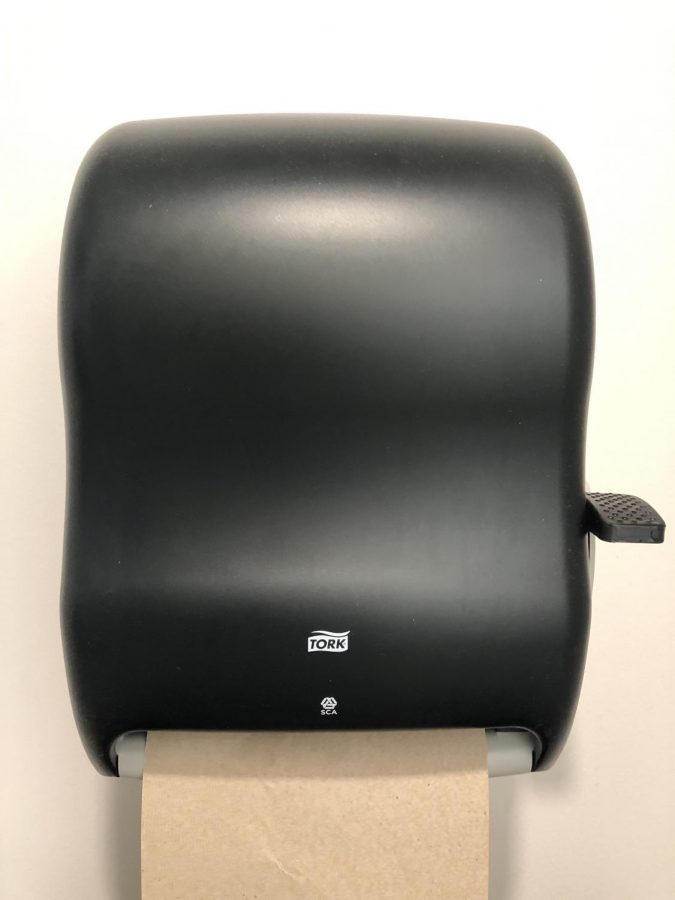
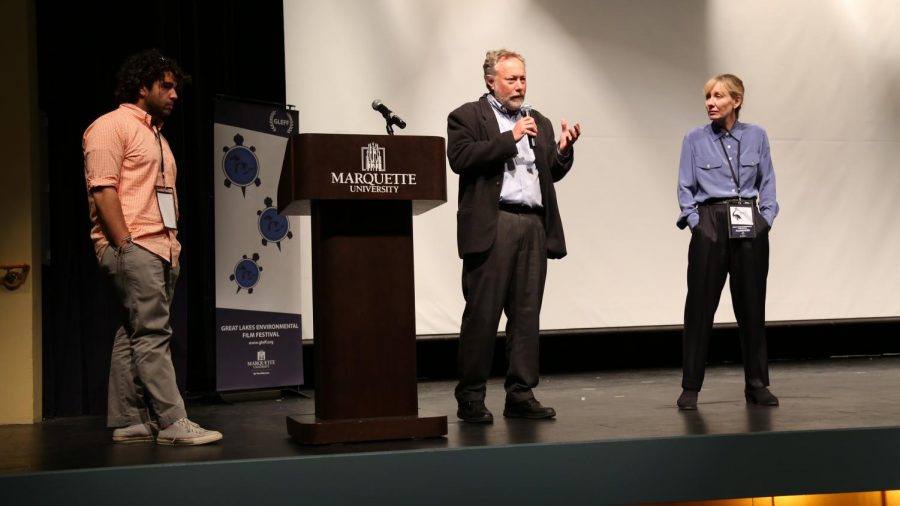

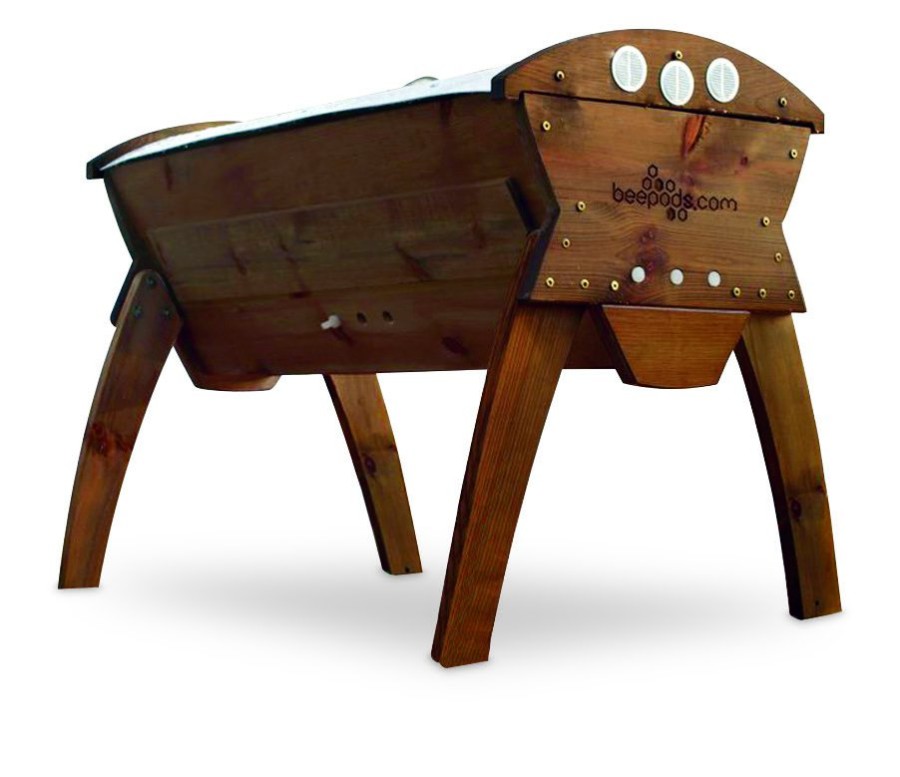
craig petersen • Aug 31, 2017 at 6:31 pm
Excellent article! I am MU Class of ’84, currently serving as the Director of Operations at the University of San Francisco, another fine Jesuit school.
Among other responsibilities, I oversee the Office of Sustainability on our campus. We decided to install and manage beehives on campus as part of our sustainability and outreach initiatives. There have been many challenges but the payback in being able to introduce faculty, staff, students, and neighbors to bees in an up close and personal way by opening the hive and inviting their participation during routine inspections has been well worth it!
Good luck with your hives as they get prepared for the upcoming winter!
CP